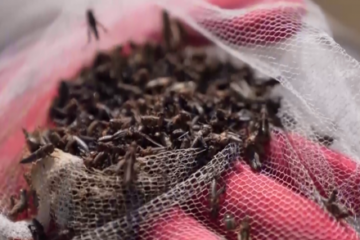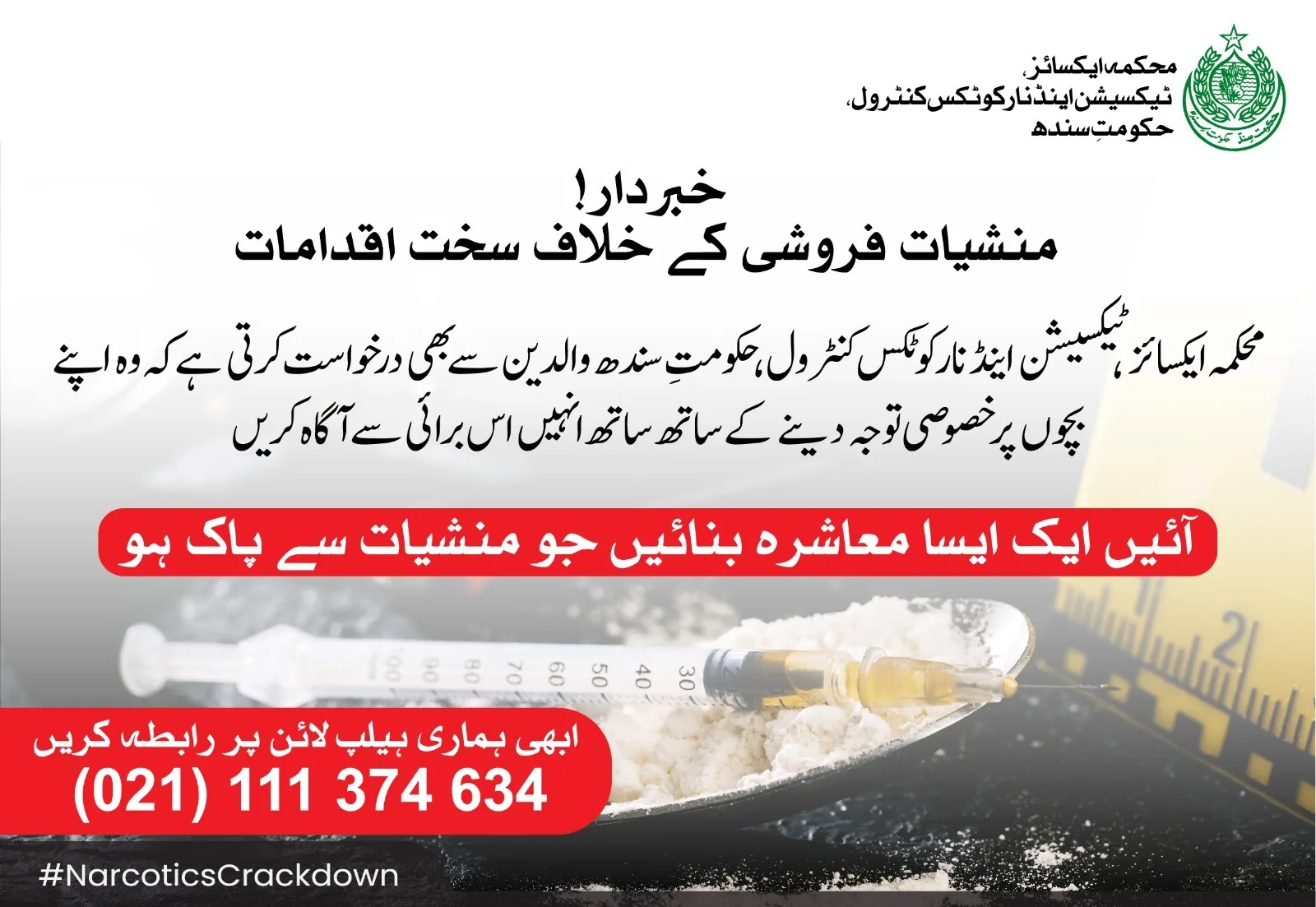Artificial Sweeteners not ideal for Weight Control in long term: WHO

According to a recent study, the World Health Organization (WHO) has established that replacing sugar with sweeteners does not help in “weight control“.
The study argues that long-term use of non-sugar sweeteners (NSS) such as aspartame could eventually lead to cardiovascular diseases and a heightened risk of type-2 diabetes. In fact, substances including aspartame, stevia, and saccharin are frequently added to products in the food and drink industry, as a way to cut down the “sugar content”. However, following a systematic review, the WHO has suggested the approach is not ideal.
Modi Wears Jacket Made Of Recycled Plastic Bottles At G7 Summit
Addressing the issue, the director for nutrition and food safety at WHO, Dr. Francesco Branca said: “Replacing free sugars with NSS does not help with weight control in the long term”. Dr. Branco elaborated that people should “consider other ways” to help reduce their sugar intake instead by consume natural sugars a good source of which can be fruits, or unsweetened food and/or beverages.
According to WHO, because the NSS doesn’t possess essential dietary factors and has no nutritional value, people should focus on reducing the “sweetness of the diet altogether” and work on improving their health by making smarter choices.
Likewise, Dr. Ian Johnson, a nutrition researcher and emeritus fellow at the Quadram Institute said that an alternative to “artificial sweeteners is to reduce consumption of manufactured products containing free sugars”. Dr. Johnson added, that in the longer term, people should try to reduce the “overall taste for sweetness”.
Modi Pays Tribute To Former PM Rajiv Gandhi On Death Anniversary
Echoing a 2019 review by Cochrane, the new guideline concluded that while there is no evidence for health benefits from the NSS, the “potential harms” cannot be ignored. Nonetheless, experts involved in the review stressed that the evidence was not “very robust”, a concern that was also highlighted by WHO.
It is argued that WHO’s recommendation that NSS cannot be used for weight loss purposes and/or for the prevention of diseases is applicable to people without pre-existing diabetes. Even then, it is conditional because of a lack of certainty around the evidence between the NSS consumption and disease outcomes, respectively.
Talking about the limitation of the review, Prof. Nita Forouhi of the University of Cambridge noted that because of the short duration of the “randomized control trials” and lower certainty of the evidence, most trials failed to “explicitly compare the replacement of sugar consumption with NSS” leaving experts to classify NSS as a class of compounds collectively.
Russia says Ukrainian city of Bakhmut captured
Prof. Forouhi further added that the conditional nature of the recommendation meant that context and country-specific policy decisions might be needed. According to Prof. Forouhi, “using sweeteners can be part of interventions to manage weight in the short term”.
On the other hand, a spokesperson for the ISA (International Sweeteners Association) said sweeteners allow people a chance to consume an alternate substance and/or reduce their intake of sugar.
LHC orders release of Shireen Mazari
Audio leaks judicial commission announces to public proceedings
T Ten Global Sports announces inaugural season of US Masters T20 League
Stay tuned to Baaghi TV for more. Download our app for the latest news, updates & interesting content!











